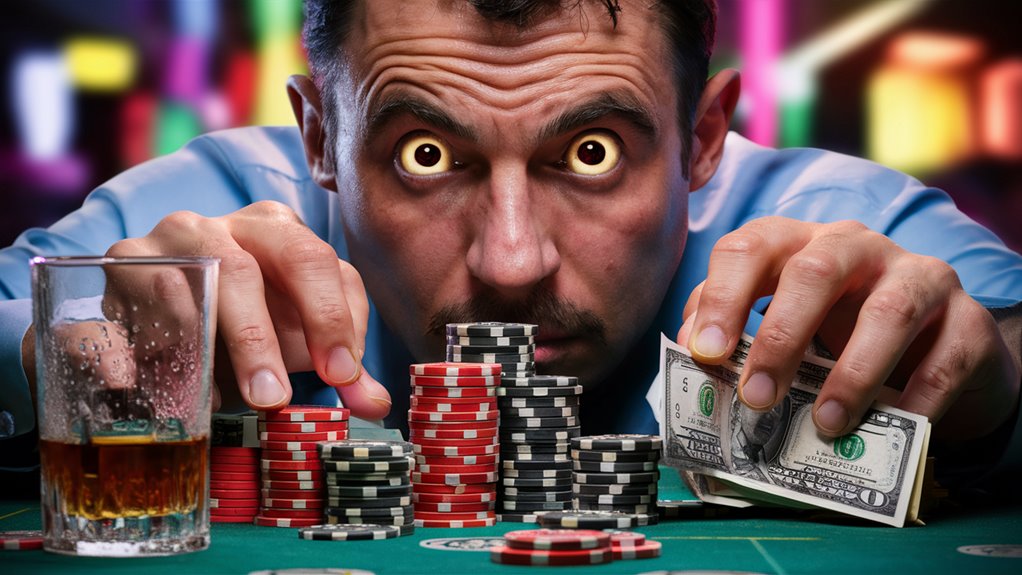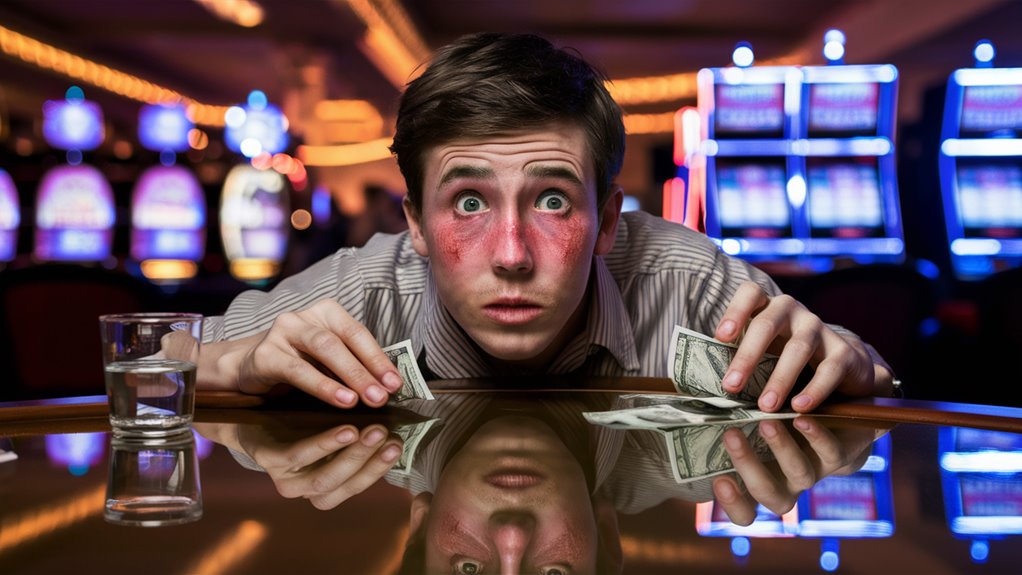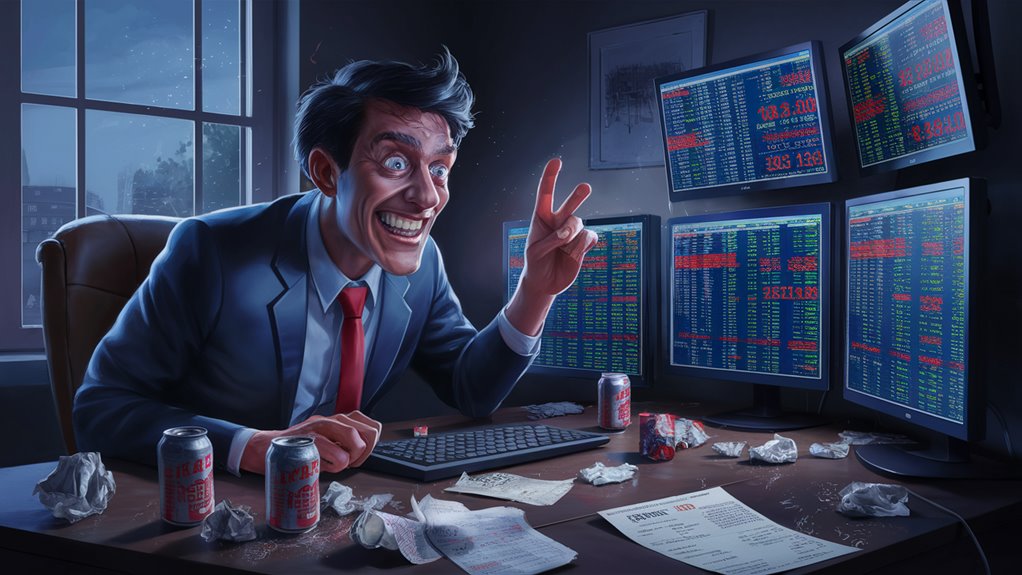
The Fun and Risk of Betting: Its Impact on the Mind and Choices

The joy of betting fires up our choices by hitting us with big doses of dopamine in our brain’s happy spot. When we bet, an area called the VTA sends dopamine to another part named the nucleus accumbens. This rush comes not just when we win, but as we wait for the result.
Changes in the Brain and Risk Decisions
This brain reaction makes us see things as less risky, fooling us into thinking we’ll win 20-30% more often than we really do. Our brains adjust to regular betting, much like they adapt to drugs, changing our nerve links and how we see risks. 먹튀검증커뮤니티
Broad Effects on Decisions
The thrill of betting sticks with us, affecting how we deal with money and life decisions. The brain starts to like risky moves more, setting off a cycle that affects:
- Money and betting choices
- How we view risks
- Who we pick as friends or partners
- Job choices
- Set habits
Brain Paths and Adjustments
The dopamine pleasure path is key to keep us betting, with lasting changes in:
- Nerve responses
- Liking risks vs rewards
- Not stopping urges
- How we choose
- Handling emotions
These brain changes explain why betting holds are key to think about in discussing habits and decisions.
Dopamine and Betting in the Brain
The Brain’s Hunger for Rewards
The need for rewards in the brain fuels betting with a happy chemical called dopamine. As we bet, it sends dopamine as we hope for wins, not just when we gain them. This strong setup pulls us to bet more.
Mistakes in Predictions and the Urge to Bet More

Mistakes in predictions are big in betting hooks. They show when our expectations clash with reality. Unexpected wins release a lot of dopamine, hooking us more than regular wins. This is why betting, even with small gains or near misses, keeps pulling us back.
Nerve Paths and How They Trap Us
The dopamine path from the VTA to the nucleus accumbens is a major brain circuit that strengthens as we keep losing. Our brains crave betting more by tuning into gambling-like signals. This is huge for how we decide, especially for those who bet often.
Changes in Brain That Impact Choices
The parts of the brain hunting for rewards change with more betting, leading to:
- Getting drawn more to gambling signs
- Getting worse at making decisions
- Stronger nerve paths for addiction
- Big dopamine hits from gambling stuff
This combination of changes makes it hard to stop betting habits as time passes.
The Gamble on Risk vs Reward
Brain Traps in Betting
Betting messes with the brain’s happy circuits and makes risky choices even worse by messing with the brain’s front part. As we gamble, we ignore how bad losses can be and think wins come easy. Ashglow Poker: Illuminating Smoky Freedoms With Pot-Shining Radiance
Why We Overlook Risks
The high from hoping to win skews how we judge risks. Data shows gamblers think wins are 20-30% more likely than they are. These wrong views happen due to low action in the front brain and high activity in the risky brain area.
The Bad Cycle in Thinking
Mixed-up risk feelings keep us betting. Close losses and slight wins fool our brains to:
- Ignore the bad impact of losses
- See wins as big and likely
- Skip careful risk checks
- Keep betting even when losing
This brain trap is why betting habits stick, even as losses pile up.
The Mix of Brain Juice and Risk Views
Brain chemical mix and risk views drive us to keep betting. This brain setup changes:
- How we decide
- Taste for rewards
- Avoiding losses
- Gauging win chances
Understanding these shifts is key in realizing why betting ruts happen.